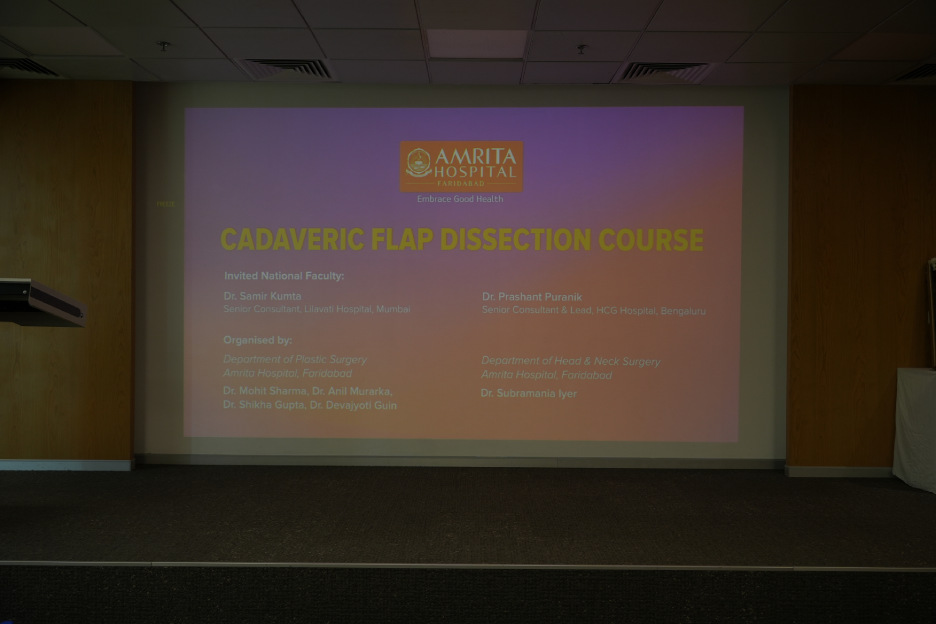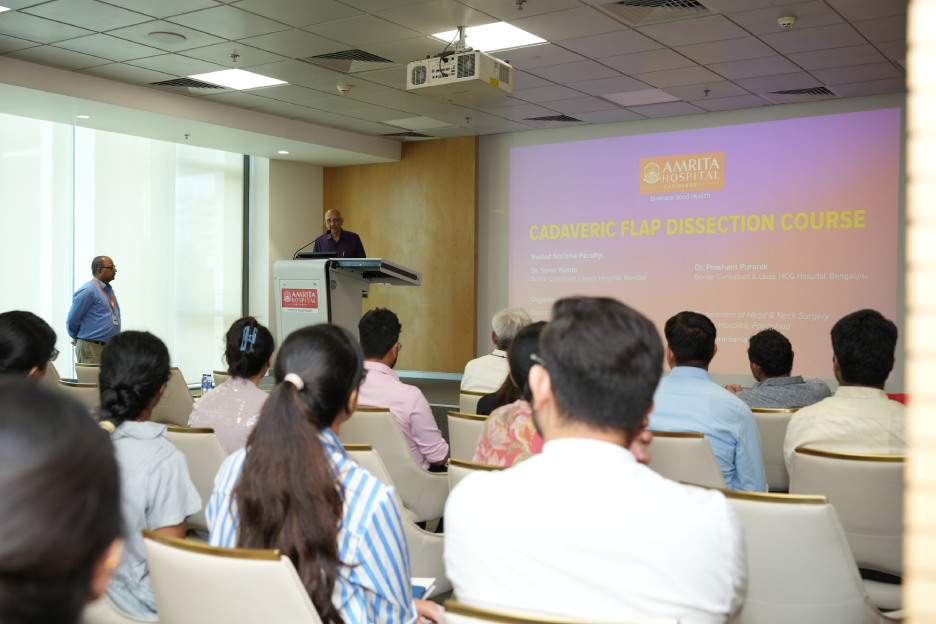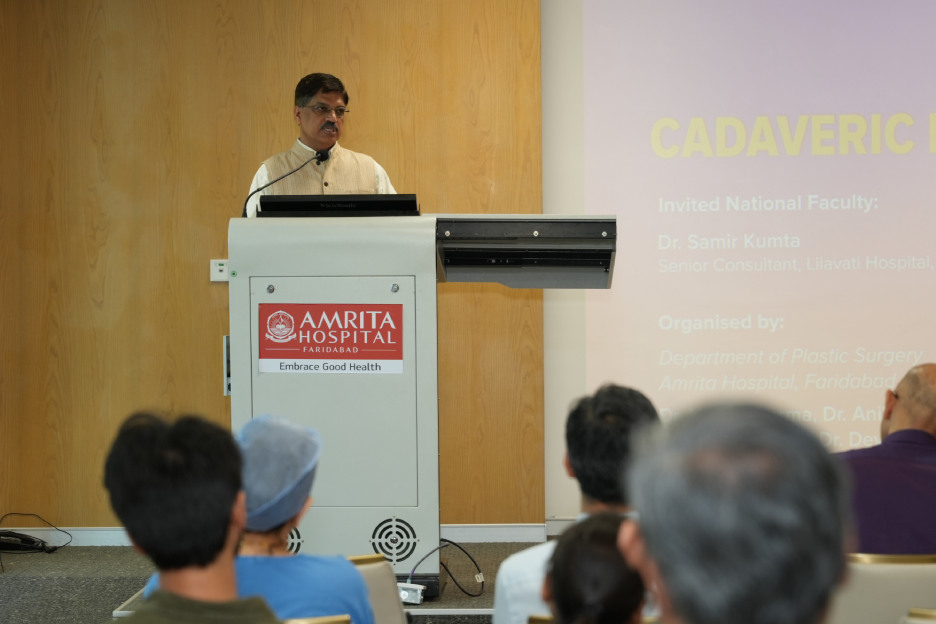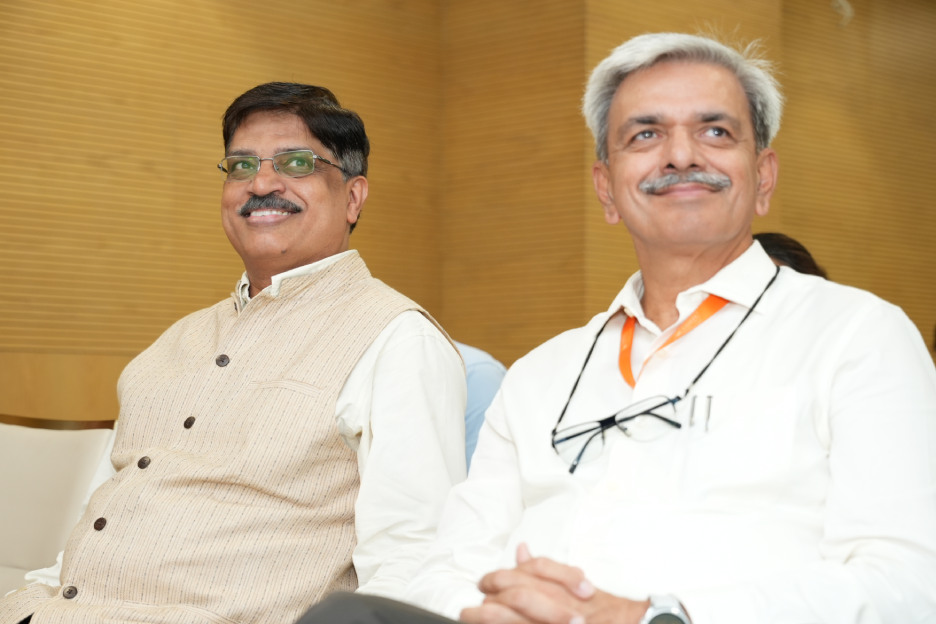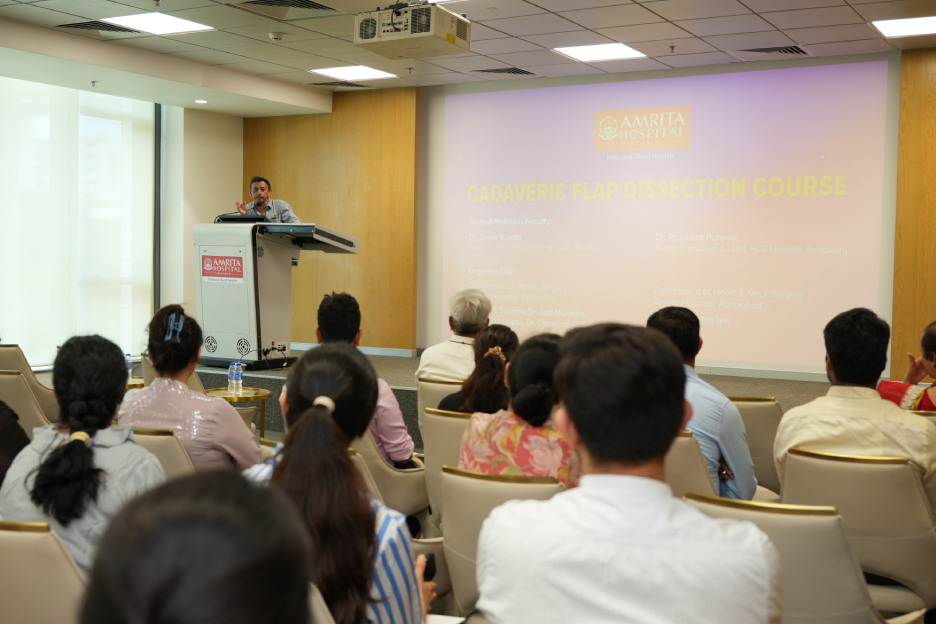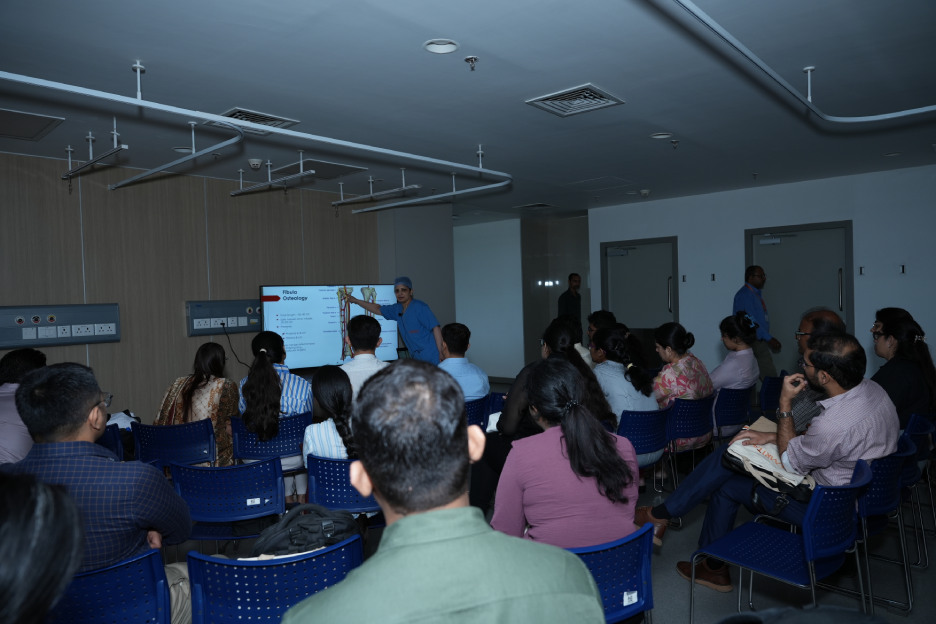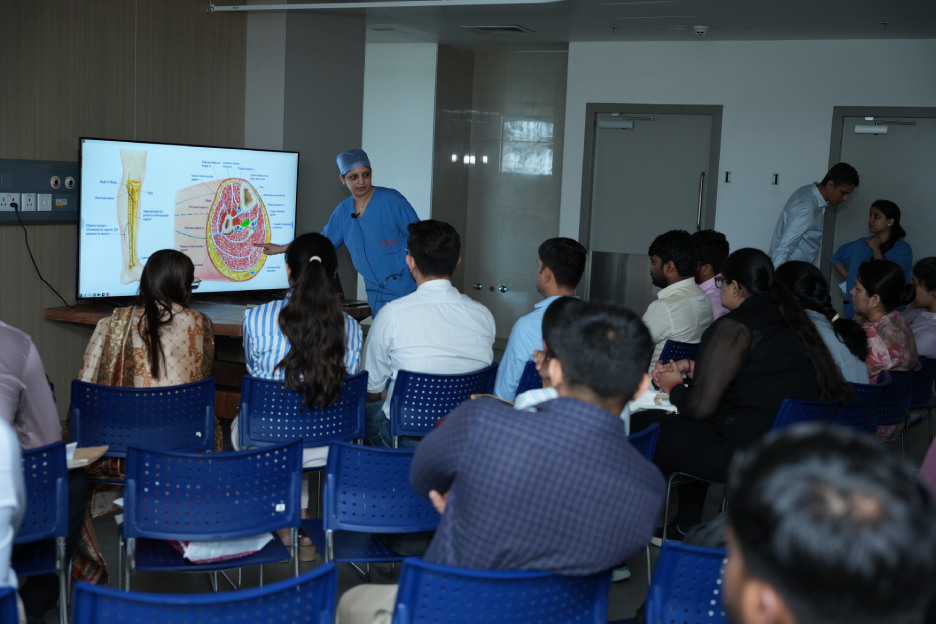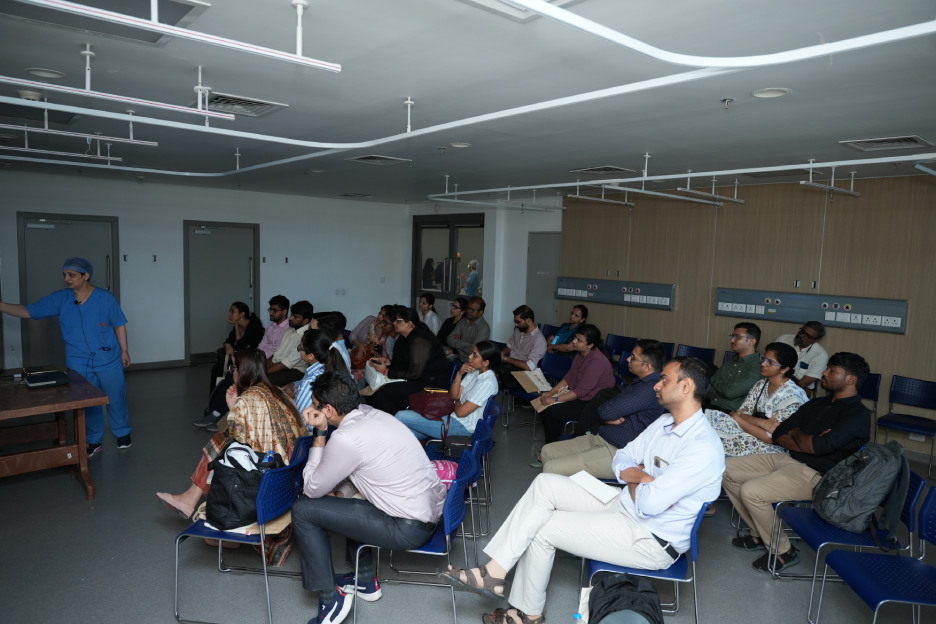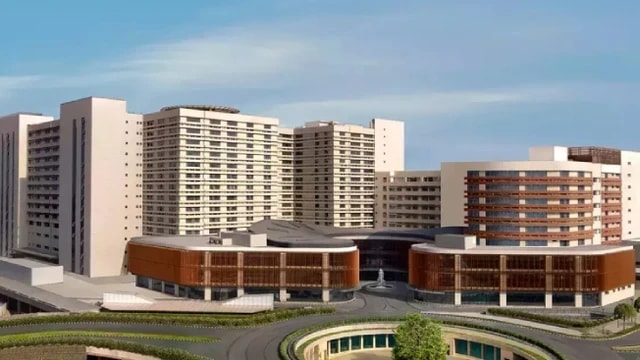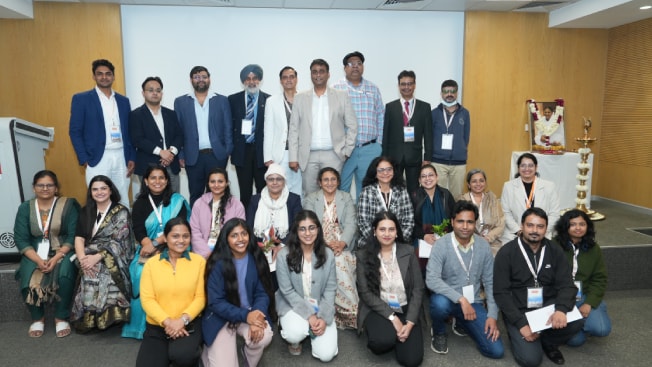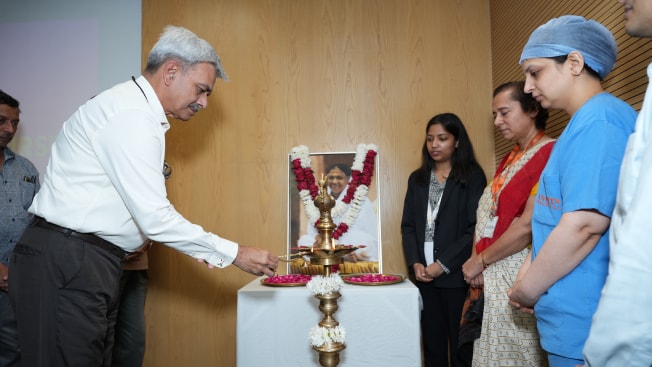
Department of Plastic Surgery successfully conducted a two-day Cadaveric Flap Dissection Course on 11th and 12th July 2025, bringing together plastic surgery trainees and practicing consultants from across the country. The course aimed to enhance anatomical knowledge and refine surgical techniques related to reconstructive flaps commonly used in head and neck as well as general reconstructive surgery.
This hands-on training program offered participants the invaluable opportunity to perform cadaveric dissections under expert guidance. The objective was to boost confidence, improve precision, and deepen understanding in flap planning and execution. With a focus on both head and neck reconstruction as well as general reconstructive surgery, the course featured a comprehensive curriculum.
On the first day of the course, participants delved into various reconstructive flaps used in head and neck surgeries. These included the Free Fibula Flap, Free Radial Artery Forearm Flap (FRAFF), and the Anterolateral Thigh (ALT) Flap. The training also covered the Deep Circumflex Iliac Artery (DCIA) Flap, as well as other essential flaps such as the Pectoralis Major, Delta Pectoral, Submental, Supraclavicular, Lateral Arm, and Ulnar Artery Perforator Flaps. Each of these flaps is crucial in restoring form and function in patients following extensive surgeries in the head and neck region.
On the second day, participants explored general reconstruction methods and perforator flaps. The focus was on techniques such as the SCIP & Chimeric SCIP Flaps, as well as the PAP, MFC, and MSAP Flaps. Additionally, hands-on dissections were carried out on DIEP, TDAP, Scapular, and Parascapular Flaps, which are used in a wide variety of reconstructive procedures. This training enabled participants to master these complex flaps, preparing them for challenging reconstructive cases.
The course was enriched by the presence of eminent national experts who brought their wealth of knowledge and experience to the program. Dr. Samir Kumta, a Senior Consultant from Lilavati Hospital, Mumbai, and Dr. Prashant Puranik, Senior Consultant and Lead at HCG Cancer Centre, shared their invaluable insights with participants. Their expertise in reconstructive surgery ensured that the training was not only informative but also practical, providing the attendees with the skills needed for successful flap dissections.
In-house plastic surgery faculty at Amrita Hospital also played a key role in mentoring and demonstrating various flap dissections throughout the course. The Cadaveric Flap Dissection Course received excellent feedback from attendees, praising its structured curriculum, detailed anatomical exposure, and interactive teaching format.
